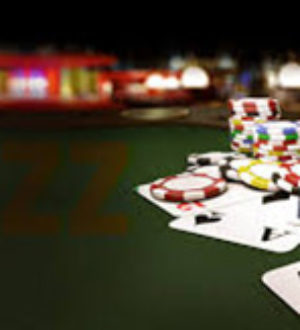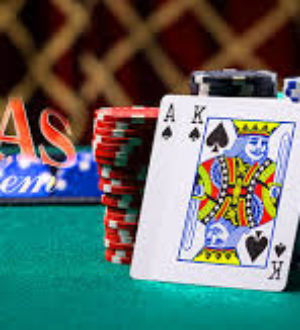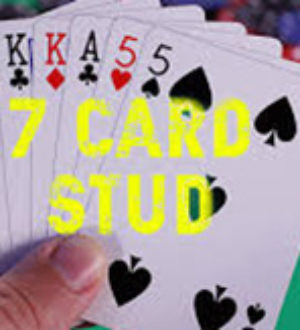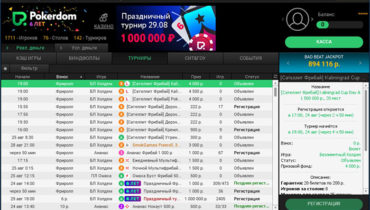Badugi is a type of draw poker, but unlike most types of poker, this game originated not in the West, but in Asia. It shares many similarities with lowball, as the lowest hand wins here too. However, there are many significant differences from the popular forms of poker these days. The main of them is the seniority of combinations, where the strongest are those hands in which there are no pairs, and which consist of four cards of the lowest value of different suits. These hands are called "Badugi".
Blinds
The button (“button”) marks the nominal dealer of the distribution and the order of the mandatory bets - the blinds. The player next to the button clockwise will post the small blind, and the next player will post the big blind (usually the latter is twice the size of the small blind, but it all depends on the structure of each particular game).
Drawing
Each player receives four hole cards, and the first round of betting begins, in which players can fold (pass), call or raise. Players who are not eliminated after the first round of betting have the right to exchange cards. The essence of this exchange is as follows: in order to improve the existing hand, players can discard unnecessary cards and receive others in return (if desired, all four cards can be exchanged at once). Then the second round of betting begins, where players have the option to bet or fold (if no one has bet, the option "check" is also acceptable). At the end of this round of betting, the next (third) round of betting takes place, after which the last exchange takes place. Then the last (fourth) round of betting takes place and, if there are several players left in the game, the showdown begins. The pot goes to the player with the best hand.
Basic strategy
The goal of this game is to collect a combination without pairs of four low cards of different suits - Badugi. The best combination is 4-3-2-A (all offsuit).
The seniority of combinations is determined by the highest of the cards, moreover, aces are always considered low, and straights are generally ignored. For example, a player with a 9-7-3-2 combination of different suits (“badugi nine”) will lose to an opponent with 8-6-4-2 offsuit (“badgui eight”). If the highest cards of the compared hands are the same, then the next highest cards are taken into account, etc.
If no one has Badugi at the showdown, the pot goes to the player with the best three or two card combinations, where the latter will always be lower. It is possible to make such a combination as, for example, "one card" - if all four of the collected cards have the same suit, then the three senior ones will not be taken into account, only one will be considered, although the youngest in dignity, but the senior for playing Badugi, map.
In Badugi, great importance is attached to the player's place at the table - the one who goes last has the opportunity to get information about the cards of his opponents, focusing on the number of cards they have exchanged. If the player who is walking in front of you does not change cards, then most likely he is the owner of a strong hand.








